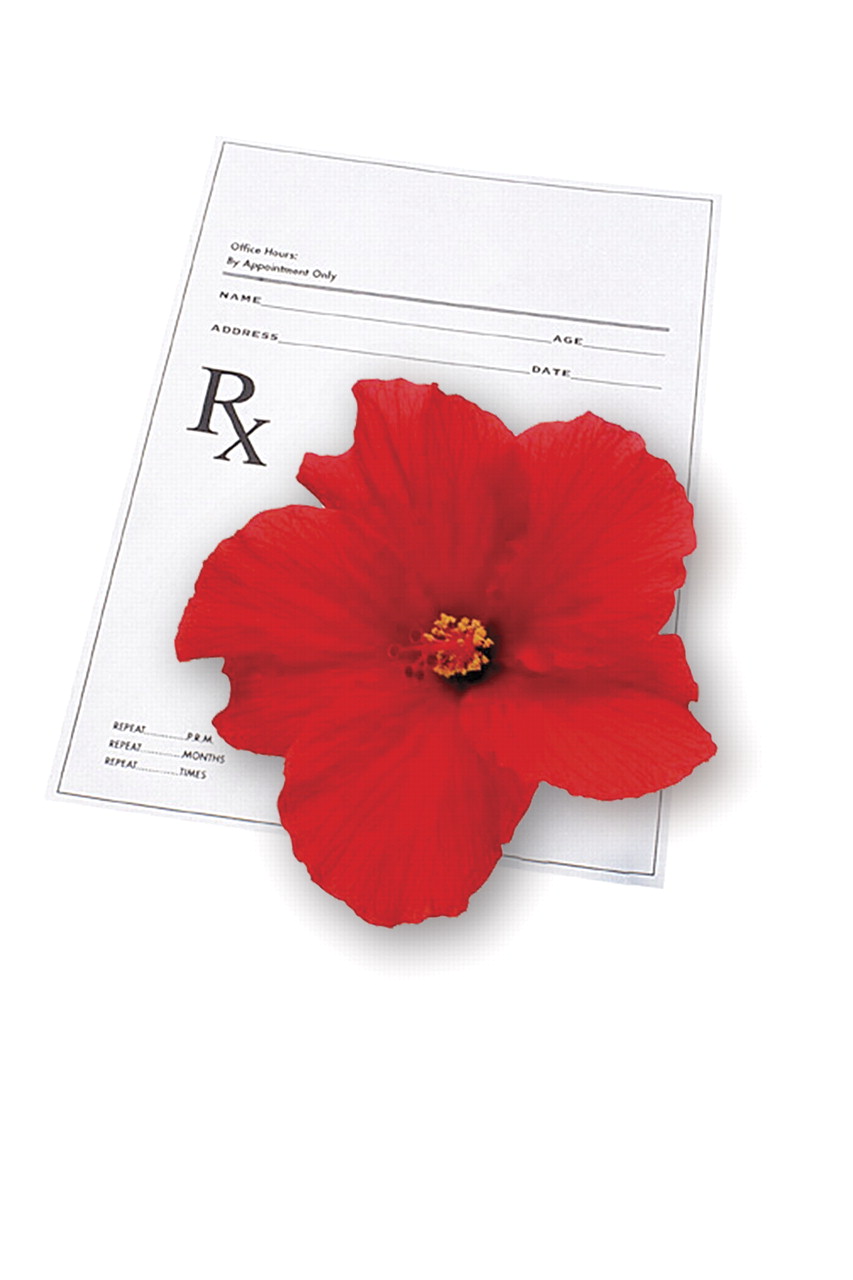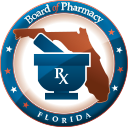Schakowsky Reintroduces Legislation to Guarantee Home-Use Medical Devices are Accessible to Blind and Low Vision Americans
WASHINGTON
– Today, Congresswoman Jan Schakowsky (IL-09), a Chief Deputy Whip and
Ranking Member on the Innovation, Data, and Commerce Subcommittee of the
Energy and Commerce Committee, led 32 of her colleagues in
reintroducing the bipartisan Medical Device Nonvisual Accessibility Act. This bill would ensure that home-use medical devices are accessible to blind and low vision Americans across the country.
“I am proud to reintroduce the Medical Device Nonvisual Accessibility Act,
to ensure that medical devices, like insulin pumps and blood pressure
monitors, are truly accessible to people who are blind or have low
vision," said Congresswoman Jan Schakowsky." Over seven
million Americans are living with uncorrectable vision loss and more
than one million Americans are blind. In many cases, a blind person's
ability to manage their health and livelihood depends upon the ability
to use these devices. As Americans, we cannot stand idly by while people
who are blind or have low vision are excluded from a full, happy, and
independent life due to these inaccessible technologies. This bill will
help foster more inclusive and accessible care.”
The Medical Device Nonvisual Accessibility Act calls on the
U.S. Food and Drug Administration (FDA) to create and enforce nonvisual
accessibility standards for home-use medical devices, so that devices
are fully accessible to blind or low-vision persons, out of the box. The
bill also requires the FDA to consult with the disability community and
manufacturers throughout the process.
"For millions of Americans who live with vision loss, visual impairment,
low vision and blindness, accessing the results of at-home test kits,
blood pressure and glucose monitors as well as other health and medical
devices that have a digital interface is vital for these individuals to
manage their own health and well-being and to meet the challenges of
daily living. Prevent Blindness believes that visual accessibility is a
matter of health equity and that addressing it can lead to improved
health outcomes for patients," said Jeff Todd, President and CEO of Prevent Blindness. "The Medical Device Nonvisual Accessibility Act
is a necessary step toward ensuring people with visual impairments can
equitably access information and make decisions about their own health
and well-being. Prevent Blindness applauds Rep. Schakowsky for
introducing this legislation, and we urge Congress to pass it swiftly."
“For far too long, inaccessible home-use medical devices and remote
monitoring equipment has posed a direct threat to the health, safety,
and independence of people who are blind and low vision. The American
Council of the Blind commends Rep. Schakowsky for introducing this
critical legislation, and we urge its swift passage,” said Eric Bridges, Executive Director of American Council of the Blind.
"Life-sustaining medical devices used in the home, such as insulin pumps
and CPAP devices, have the potential to help blind people live the
lives we want, but only if they are fully accessible," said Mark Riccobono, President of the National Federation of the Blind.
"Currently, however, the inaccessible design of most of these devices
makes their controls and displays difficult, or even impossible, for us
to use them or monitor their operation. This is not a mere
inconvenience; inaccessibility threatens our independence, health, and
safety. Full access to all features of a device is critical and
achievable. We therefore commend Representative Schakowsky for
introducing this legislation and urge members of Congress to act swiftly
to pass it."
Joining Rep. Schakowsky as original cosponsors are
Reps. Sanford Bishop (GA-02), Lisa Blunt Rochester (D-DE), Cori Bush
(MO-01), Ed Case (HI-01), Sean Casten (IL-06), Sheila
Cherfilus-McCormick (FL-20), Jesus "Chuy" García (IL-04), Gerald
Connolly (VA-11), Angie Craig (MN-02), Danny Davis (IL-07), Raúl
Grijalva (AZ-07), Jahana Hayes (CT-05), Bill Keating (MA-09), Dan Kildee
(MI-08), Annie Kuster (NH-02), Brian Fitzpatrick (PA-01), John Larson
(CT-01), Barbara Lee (CA-12), Stephen Lynch (MA-08), Jimmy Panetta
(CA-19), Mark Pocan (WI-02), Mike Quigley (IL-05),
C.A. Dutch Ruppersberger (MD-02), John Rutherford (FL-05), John Sarbanes
(MD-03), Pete Sessions (TX-17), Terri Sewell (AL-07), Adam Smith
(WA-09), Dina Titus (NV-01), Rashida Tlaib (MI-12), David Trone (MD-06),
and Marc Veasey (TX-33).




